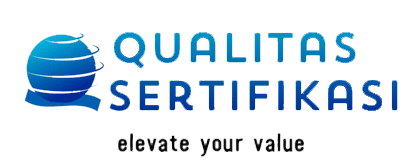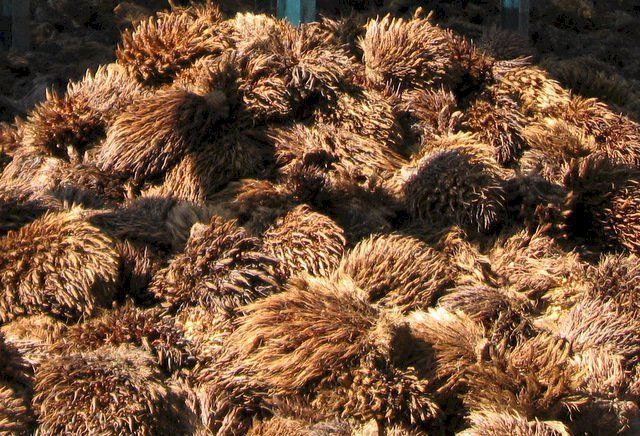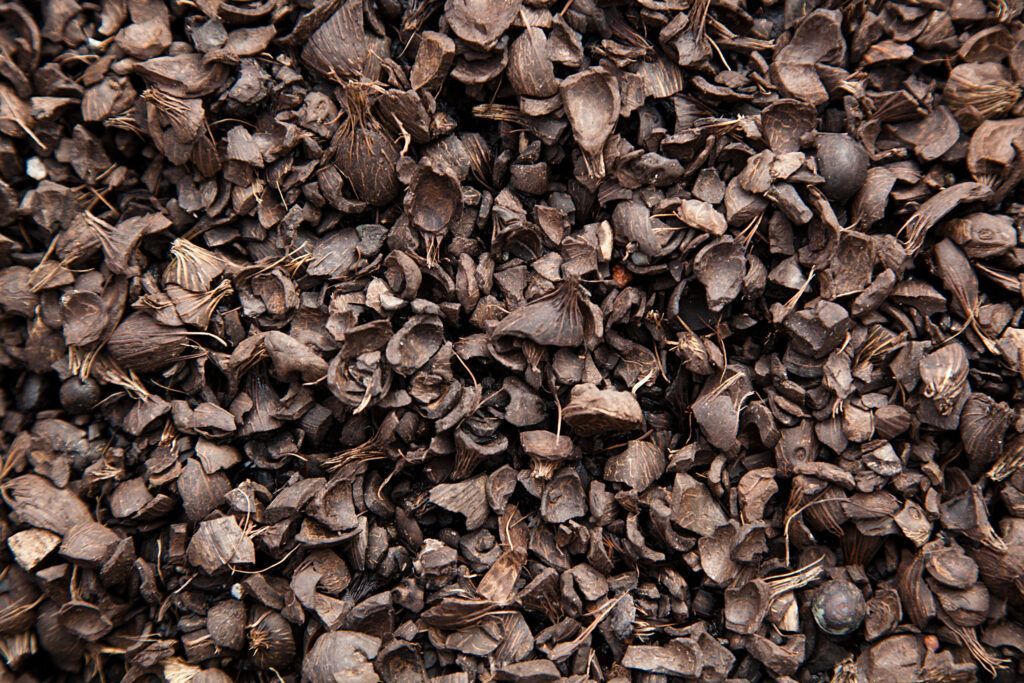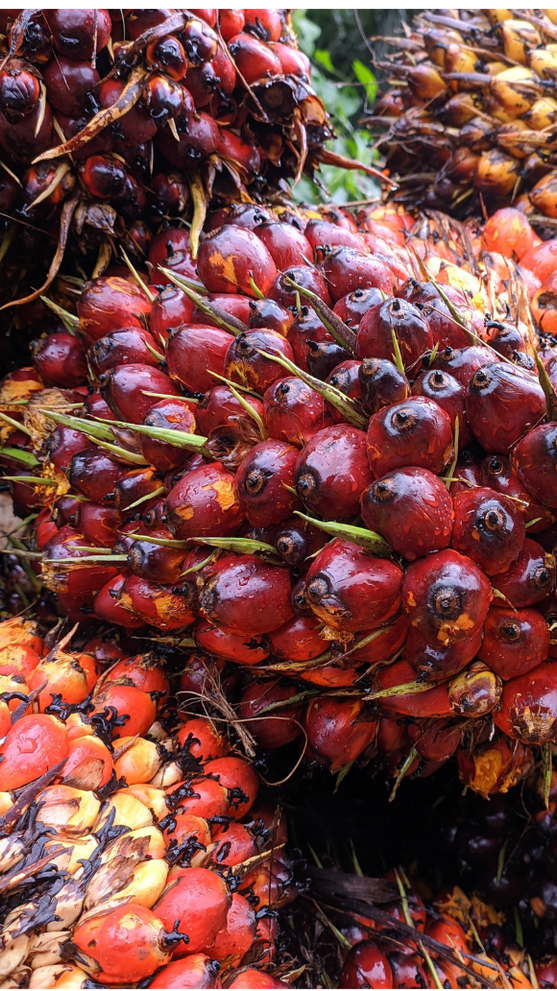
International Sustainability
and Carbon Certification
ISCC is a globally recognized sustainability certification system that covers all sustainable feedstocks, including agricultural and forestry biomass, biogenic wastes and residues, circular materials, and renewable resources
ISCC EU
ISCC EU is an international certification system designed to verify compliance with the sustainability and greenhouse gas (GHG) emission savings criteria set forth by the European Union's Renewable Energy Directive (RED II).
MATERIALS COVERED
All types of agricultural and forest biomass, biogenic waste and residues,
non-biological renewables, and recycled carbon-based materials
-
Empty Palm Fruit Bunch (EFB) Oil
Learn more -
Used Cooking Oil (UCO)
Learn more -
Palm Oil Mill Effluent (POME) Oil
Learn more -
Palm Kernel Shells
Learn more -
And many more
Button
SCOPE OF
APPLICATION
Sustainable fuels used for transport, electricity, heating and cooling and the production of electricity, heating and cooling from biomass in the European Union.
Covering biofuels, bioliquids, biomass fuels, advanced fuels, low ilUC risk fuels, RFNBOs*, and recycled carbon fuels*.
*Recognition pending
ACCEPTANCE OF
OTHER SCHEMES
All voluntary schemes and national schemes that are formally recognised by the European Commission in the framework of the RED II.
ISCC PLUS
ISCC PLUS is a voluntary scheme that is applicable for the bioeconomy and circular economy for food, feed, chemicals, plastics, packaging, textiles, and renewable feedstock derived from a process using renewable energy sources.
It covers the same certification requirements as ISCC EU but can be customized to meet the needs of different markets or specific applications outside the European Union countries.
MATERIALS COVERED
All types of agricultural and forestry raw materials, bio wastes and residues,
renewable feedstocks, and fossil materials contributing to the circular economy and bioeconomy
-
End-of-life Tires
Learn more -
Plastic Waste (Polymer)
Learn more -
Used Cooking Oil (UCO)
Learn more -
Palm Kernel Shells
Learn more -
And many more
Button
SCOPE OF
APPLICATION
Circular and bio-based products, renewables, food, feed & biofuels outside the framework of the REDII.
ACCEPTANCE OF
OTHER SCHEMES
- Only ISCC (ISCC certification of the whole upstream supply chain required)*.
- Acceptance of further schemes possible upon positive benchmarking.
*Exception applicable for SAI compliant material cultivated in Germany.
ISCC CORSIA
ICAO and the aviation industry have committed themselves to carbon neutrality under the framework of the Carbon Offsetting and Reduction Scheme for International Aviation (CORSIA).
To contribute to this pioneering endeavor, ISCC developed ISCC CORSIA and ISCC CORSIA PLUS as certification systems which demonstrate compliance with the CORSIA requirements for sustainable aviation fuels.
ISCC CORSIA and ISCC CORSIA PLUS differ only in the scope of sustainability requirements that they cover.
ISCC CORSIA
ICAO and the aviation industry have committed themselves to carbon neutrality under the framework of the Carbon Offsetting and Reduction Scheme for International Aviation (CORSIA).
To contribute to this pioneering endeavor, ISCC developed ISCC CORSIA and ISCC CORSIA PLUS as certification systems which demonstrate compliance with the CORSIA requirements for sustainable aviation fuels.
ISCC CORSIA and ISCC CORSIA PLUS differ only in the scope of sustainability requirements that they cover.
MATERIALS COVERED
A wide range of agricultural and forestry raw materials, as well as waste, residues, and by-products
-
Palm Oil Mill Effluent (POME) Oil
Learn more -
Used Cooking Oil (UCO)
Learn more -
Palm Fatty Acid Distillate (PFAD)
Learn more -
Empty Palm Fruit Bunch (EFB) Oil
Learn more -
And many more
Button
SCOPE OF
APPLICATION
Sustainable aviation fuels (SAF) eligible under the ICAO CORSIA scheme.
ACCEPTANCE OF
OTHER SCHEMES
- Acceptance of all ICAO CORSIA recognized schemes (under ISCC CORSIA).
- Acceptance of other schemes under ISCC CORSIA PLUS subject to positive benchmarking.
ISCC JAPAN FIT
The Japanese Feed-in-Tariff (FIT) sets out a system of incentives for the production of renewable electricity in Japan which includes subsidies for the procurement of eligible sustainable materials. Japan’s Ministry for Economy, Trade and Industry (METI) has published specific requirements for the certification of eligible sustainable materials under the FIT system.
The ISCC Japan FIT standard incorporates these requirements so that products certified under this standard will be eligible under Japan’s FIT system.
MATERIALS COVERED
-
Palm Kernel Shells
Learn more -
Palm Trunks
Learn more
SCOPE OF
APPLICATION
Bioliquids and biomass for energy purposes.
ACCEPTANCE OF
OTHER SCHEMES
N/A
SCOPE OF
APPLICATION
Sustainable fuels used for transport, electricity, heating and cooling and the production of electricity, heating and cooling from biomass in the European Union.
Covering biofuels, bioliquids, biomass fuels, advanced fuels, low ilUC risk fuels, RFNBOs* and recycled carbon fuels*.
*Recognition pending
MATERIALS
COVERED
All types of agricultural and forest biomass, biogenic waste and residues, non-biological renewables and recycled carbon-based materials (e.g., Empty Palm Fruit Bunch (EFB) Oil, Used Cooking Oil (UCO), Palm Oil Mill Effluent (POME) Oil, Palm Kernel Shells, and many more).
ACCEPTANCE OF
OTHER SCHEMES
All voluntary schemes and national schemes that are formally recognised by the European Commission in the framework of the RED II.
SCOPE OF
APPLICATION
Sustainable fuels used for transport, electricity, heating and cooling and the production of electricity, heating and cooling from biomass in the European Union.
Covering biofuels, bioliquids, biomass fuels, advanced fuels, low ilUC risk fuels, RFNBOs* and recycled carbon fuels*.
*Recognition pending
MATERIALS
COVERED
All types of agricultural and forest biomass, biogenic waste and residues, non-biological renewables and recycled carbon-based materials (e.g., Empty Palm Fruit Bunch (EFB) Oil, Used Cooking Oil (UCO), Palm Oil Mill Effluent (POME) Oil, Palm Kernel Shells, and many more).
ACCEPTANCE OF
OTHER SCHEMES
All voluntary schemes and national schemes that are formally recognised by the European Commission in the framework of the RED II.
SCOPE OF
APPLICATION
Sustainable fuels used for transport, electricity, heating and cooling and the production of electricity, heating and cooling from biomass in the European Union.
Covering biofuels, bioliquids, biomass fuels, advanced fuels, low ilUC risk fuels, RFNBOs* and recycled carbon fuels*.
*Recognition pending
ACCEPTANCE OF
OTHER SCHEMES
All voluntary schemes and national schemes that are formally recognised by the European Commission in the framework of the RED II.
READY TO ELEVATE YOUR VALUE?
Our team will guide you every step of the way!
General Inquiries
Phone
+62 21 2949 1946
Headquarter
The CEO Building, Level 12th
Jl. TB Simatupang No. 18C
Cilandak Barat, Cilandak
Jakarta Selatan, DKI Jakarta 12430
Indonesia
Operational
Menara Sun Life, 7th Floor
Jl. Dr. Ide Anak Agung Gde Agung Blok 6.3
Kuningan Timur, Setiabudi
Jakarta Selatan, DKI Jakarta 12950
Indonesia
Programs
Quick Links
Qualitas Sertifikasi Indonesia
PT Qualitas Sertifikasi Indonesia
